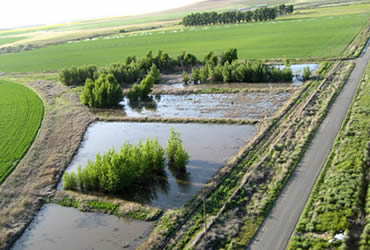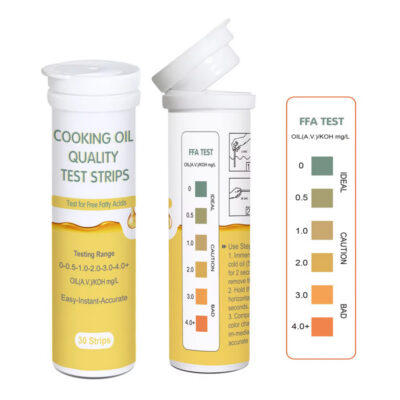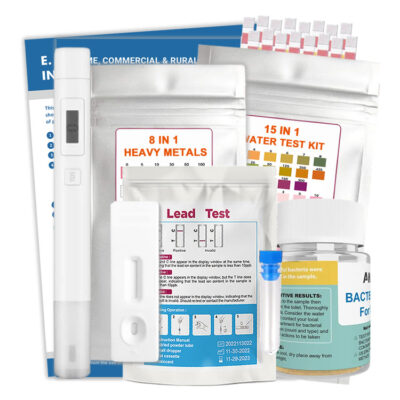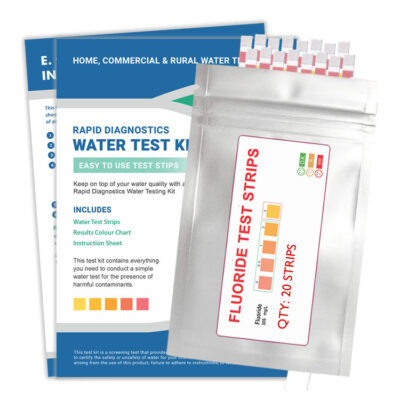Managing Farm Water Quality: Water can come in wide ranging qualities varying from muddy to brackish to pure rainwater and this water quality can have a great impact on your home and business. Testing for water quality therefore, becomes crucial for ascertaining the usability of water for consumption, stock and irrigation and industrial purposes.

Managing Farm Water Quality
Need for Testing Farm Waters
With the possibility of several problems like iron content, hardness and salinity affecting the waters from wells, creeks, bores and farm dams it becomes vital that you get it tested before its use. The quality of farm water varies coming as it does from different sources. If you are aware of your farm- water quality then you can plan appropriately for its treatment so as to prevent it from affecting your farm applications and productivity.
Besides ascertaining whether the water quality permits its use for varied applications, testing is also done to determine its suitability for reuse. Compliance of discharge standards is another factor that can be determined through the tests. Farmers get water quality tested at their varied sources such as ground water, stored water or rainwater.
Best Way to Go About Managing Farm Water Quality
It is therefore vital that you keep monitoring your farm dam water for any signs of water degradation. A testing kit comes of great use in this context. Several aspects such as levels of carbon dioxide, oxygenation, pH, total aerobic bacteria, reactive or fresh organic matter, turbidity and dissolved organics are tested and monitored for. Conducting a preliminary treatment is the best way to go about managing your farm water source quality.
Reputed laboratories have the right equipment to evaluate and remove the impurities contained in the water. As irrigators are more concerned about the dissolved salts and solids in their water sources, conductivity tests are done to determine levels of varied ions such as chloride, aluminum, sodium, magnesium and calcium. For example, suppose the levels of sodium are not in sync with those of magnesium and calcium in the water. And if this water is diverted for farm use without sufficient leaching then there could be displacement of good nutrients resulting in degradation of the soil structure. The nutrient obtainability from the soil is also impacted if the water is acidic or alkaline.
Corrosion is another issue that can affect homes and farms. In this context, kits that test for total salts, pH, REDOX potential, hardness and alkalinity of the water prove highly useful. The resulting figure called the Langelier Index indicates whether the water is inclining towards corrosiveness or scaling.
Testing for water quality in fish tanks and dams is a must for Fish farmers. Several aspects such as the input source, dam or tank conditions as well as the output water have to be monitored. Water containing chlorine has to be avoided. Catchments and dams can be protected in the simplest way by ensuring that it has a continuous vegetation cover.
It is therefore wise to use a dam water test kit and resolve all your issues of water quality effectively!







